Analyzing The Themes Of The Karate Kid Part II
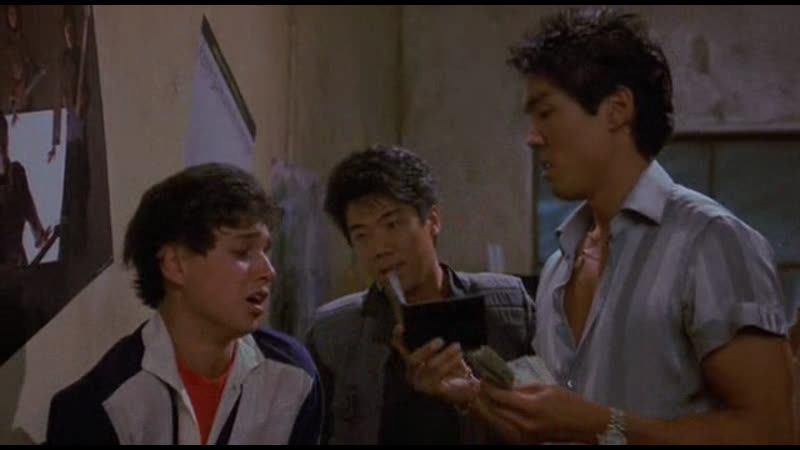
Table of Contents
Cross-Cultural Understanding and Respect
The Karate Kid Part II transcends the typical coming-of-age story by exploring the complexities of cross-cultural interaction. The film’s setting, Okinawa, provides a rich backdrop for examining the challenges and rewards of navigating a vastly different culture.
The Clash of Cultures
The initial scenes showcase a stark contrast between the familiar American landscape and the unfamiliar traditions of Okinawa. Daniel LaRusso, accustomed to the West, struggles to adapt to the slower pace of life, the different customs, and the language barrier. This cultural clash is not simply a backdrop; it’s a central element driving the narrative.
- Daniel's initial struggles: He faces misunderstandings, feels isolated, and even experiences prejudice from some locals who don't readily accept outsiders.
- Okinawan traditions: The film beautifully portrays Okinawan traditions, from the tea ceremonies to the local festivals, showcasing the unique aspects of the culture.
- Prejudice against outsiders: The film subtly highlights the prejudice sometimes directed towards those perceived as "foreigners," creating a realistic portrayal of cultural friction.
Learning to Appreciate Diversity
However, the film isn't solely about conflict. It’s about the transformative power of embracing difference. Daniel’s journey is one of gradual understanding and acceptance. Through patience, interaction, and open-mindedness, he learns to appreciate the beauty and richness of Okinawan culture.
- Growing understanding and respect: Daniel's initial frustrations give way to curiosity and genuine appreciation as he interacts with the local community and witnesses their kindness and resilience.
- Importance of patience and open-mindedness: The film emphasizes the importance of patience and a willingness to learn and adapt when encountering different cultures.
- Mr. Miyagi as a bridge: Mr. Miyagi acts as a crucial bridge, guiding Daniel through the cultural nuances and teaching him the value of respect and understanding.
Forgiveness and Reconciliation
Beyond the karate lessons, The Karate Kid Part II explores the profound themes of forgiveness and reconciliation. These themes are intricately woven into Mr. Miyagi's past and his relationship with his old adversary, Sato.
Mr. Miyagi's Past
The film reveals a previously unseen side of Mr. Miyagi, uncovering his past in Okinawa and the complex relationships that shaped him. The weight of past actions and unresolved conflicts weighs heavily on him, hinting at themes of guilt and the difficult process of seeking forgiveness.
- The weight of past actions: Mr. Miyagi’s past is fraught with regret and unspoken burdens, adding emotional depth to his character.
- Themes of guilt: The film subtly explores the lingering guilt Mr. Miyagi carries, demonstrating the lasting impact of past choices.
- Confronting the past: The film highlights the necessity of confronting the past to find peace and move forward.
Reconciling with Sato
The confrontation between Mr. Miyagi and Sato isn't just a physical fight; it’s a symbolic representation of resolving past grievances. It's a powerful moment demonstrating the transformative power of forgiveness and letting go.
- Emotional impact of the confrontation: The final confrontation is emotionally charged, showcasing the depth of their history and the significance of their reconciliation.
- Symbolic significance of the final karate match: The karate match is not a contest of strength, but a symbolic resolution of their conflict, emphasizing the inner peace that true forgiveness brings.
- Message of forgiveness and reconciliation: The Karate Kid Part II delivers a powerful message about the importance of forgiveness and its capacity to heal both individuals and communities.
Balance and Harmony (Internal and External)
Central to The Karate Kid Part II is the concept of balance – both internally and externally. Mr. Miyagi's teachings extend beyond karate moves, emphasizing the importance of inner peace and harmony with nature.
The Importance of Inner Peace
Mr. Miyagi consistently emphasizes the importance of inner peace and balance, teaching Daniel the importance of mindfulness and self-control, which extend beyond the physical aspects of karate.
- Significance of meditation and mindfulness: The film subtly introduces meditation and mindfulness practices as integral parts of Mr. Miyagi's philosophy.
- Connection between physical and mental well-being: The film underscores the interconnectedness of physical and mental well-being, suggesting that true mastery comes from inner balance.
- Importance of emotional self-regulation: The film showcases how emotional self-regulation is crucial for achieving inner peace and navigating challenges.
Harmony with Nature
The serene beauty of Okinawa serves as a powerful backdrop, reflecting Mr. Miyagi's philosophy and Daniel’s journey towards self-discovery. The film uses the natural world to emphasize the interconnectedness of all things and the importance of respect for the environment.
- Serene landscapes as a backdrop: The breathtaking landscapes of Okinawa contribute to the film's overall calming tone, promoting a sense of peace and tranquility.
- Connection between nature and inner peace: The film subtly links nature's beauty to inner peace and spiritual growth, showing how being in nature can foster calmness and clarity.
- Respecting the natural world: The film subtly emphasizes the importance of respecting the natural world and living in harmony with it.
Conclusion
The Karate Kid Part II is more than just a sequel; it’s a thoughtful exploration of profound themes. Through the lens of karate, the film elegantly weaves narratives of cross-cultural understanding, forgiveness, and the pursuit of inner harmony. By examining these The Karate Kid Part II themes, we gain a deeper appreciation for the film’s enduring relevance and its lasting impact on audiences. Further delve into the rich symbolism and subtext of this cinematic masterpiece by revisiting The Karate Kid Part II and reflecting on its powerful messages. Start your own in-depth analysis of The Karate Kid Part II themes today!

Featured Posts
-
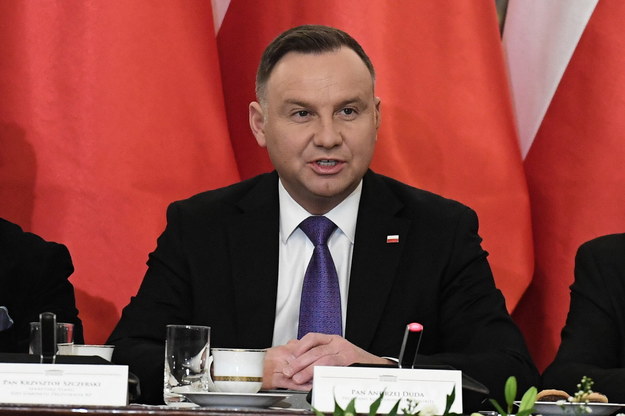 Sondaz Prezydencki Onetu Co Mowia Najnowsze Wyniki Analiza Dla Trzaskowskiego I Nawrockiego
May 07, 2025
Sondaz Prezydencki Onetu Co Mowia Najnowsze Wyniki Analiza Dla Trzaskowskiego I Nawrockiego
May 07, 2025 -
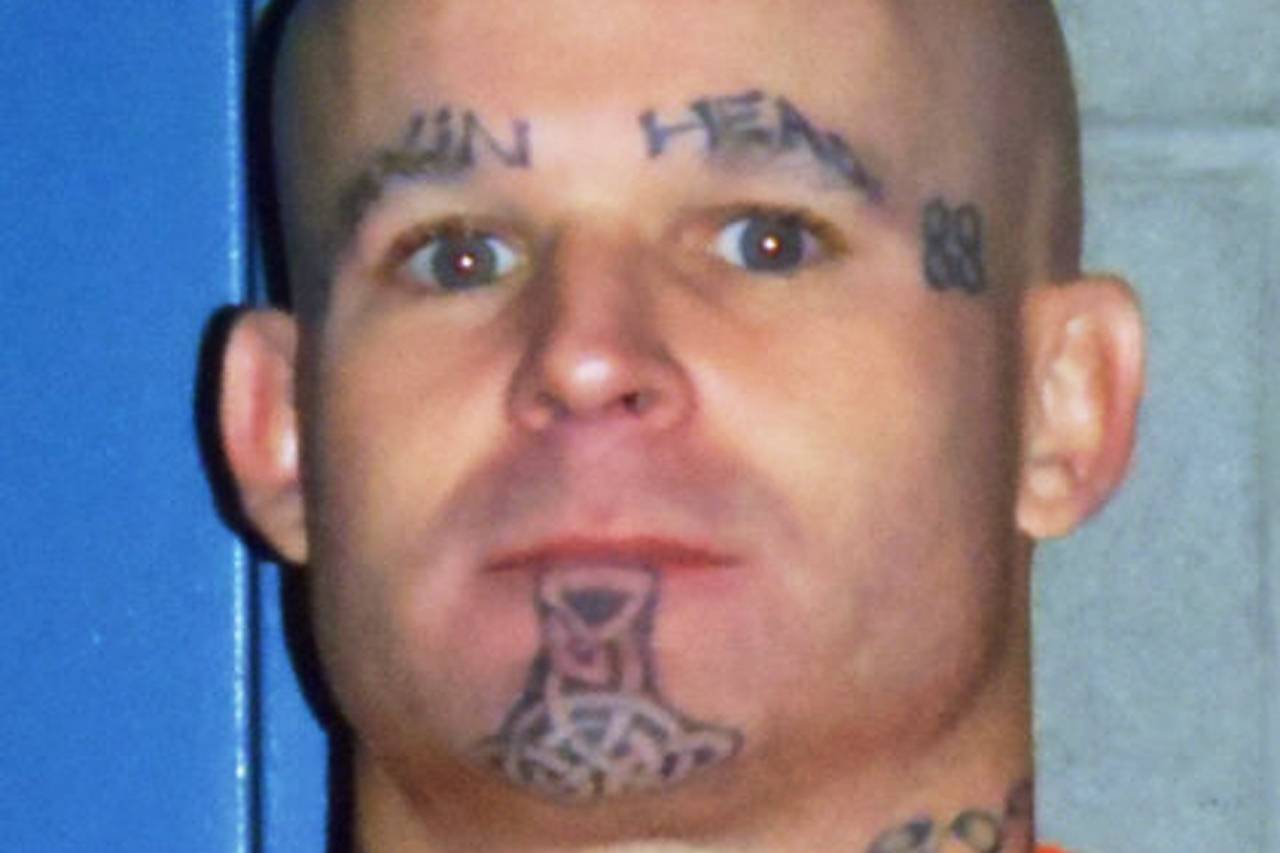 Shooting At Arizona Restaurant Results In Multiple Injuries
May 07, 2025
Shooting At Arizona Restaurant Results In Multiple Injuries
May 07, 2025 -
 The Future Of Xrp Ripple Is It A Smart Investment
May 07, 2025
The Future Of Xrp Ripple Is It A Smart Investment
May 07, 2025 -
 Will The Steelers Trade Their Top Wide Receiver Latest Updates
May 07, 2025
Will The Steelers Trade Their Top Wide Receiver Latest Updates
May 07, 2025 -
 Nova Fotosesiya Rianni Spokuslive Rozheve Merezhivo
May 07, 2025
Nova Fotosesiya Rianni Spokuslive Rozheve Merezhivo
May 07, 2025
Latest Posts
-
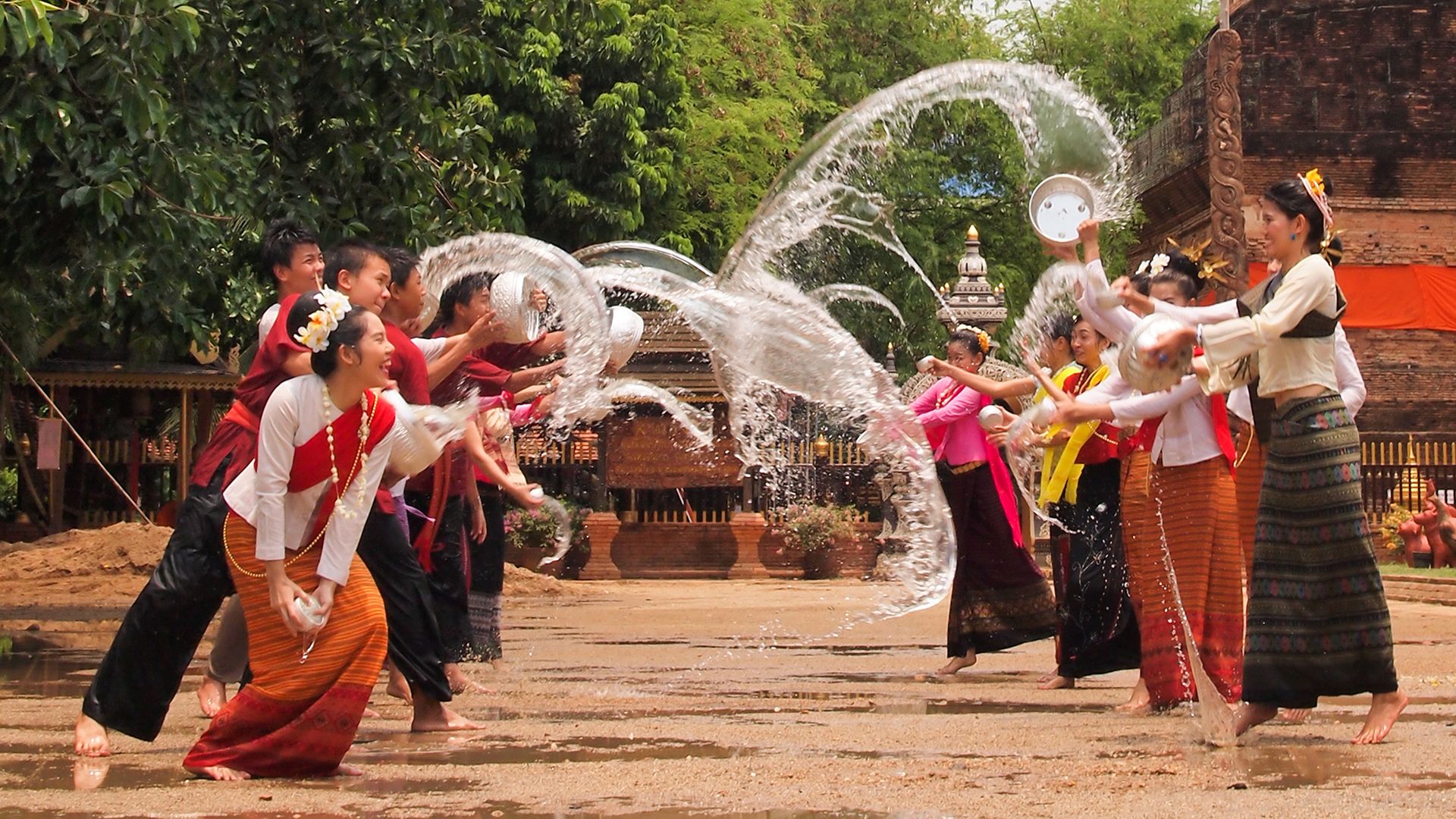 Nepozaben Songkran Vodni Festival Na Tajskem
May 07, 2025
Nepozaben Songkran Vodni Festival Na Tajskem
May 07, 2025 -
 Tajski Songkran Vodni Festival Ki Preoblikuje Ulice V Bojisca
May 07, 2025
Tajski Songkran Vodni Festival Ki Preoblikuje Ulice V Bojisca
May 07, 2025 -
 Izbruh Vodne Bitke Dozivite Songkran Na Tajskem
May 07, 2025
Izbruh Vodne Bitke Dozivite Songkran Na Tajskem
May 07, 2025 -
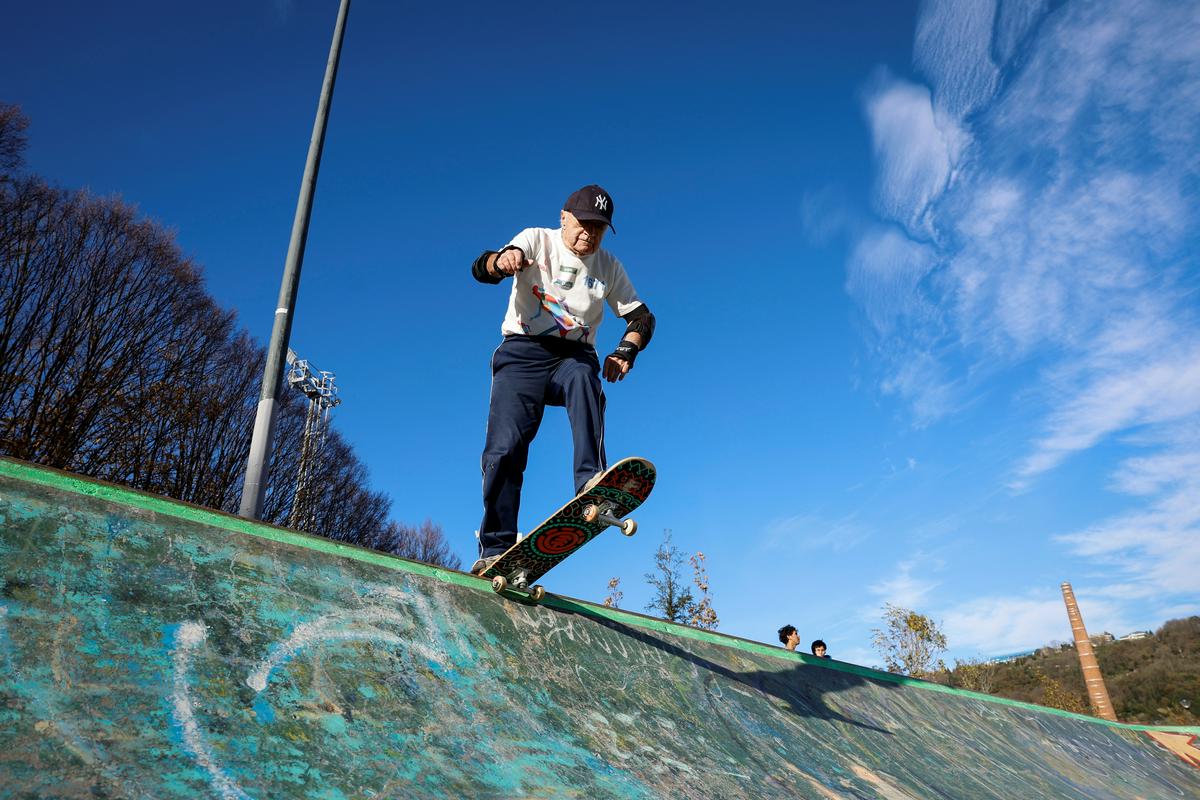 Songkran 2024 Divji Vodni Boj Na Ulicah Tajske
May 07, 2025
Songkran 2024 Divji Vodni Boj Na Ulicah Tajske
May 07, 2025 -
 Vodni Festival Songkran Tajske Ulice Spremenjene V Bojisca Z Vodo
May 07, 2025
Vodni Festival Songkran Tajske Ulice Spremenjene V Bojisca Z Vodo
May 07, 2025
